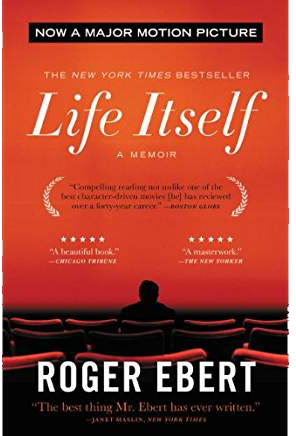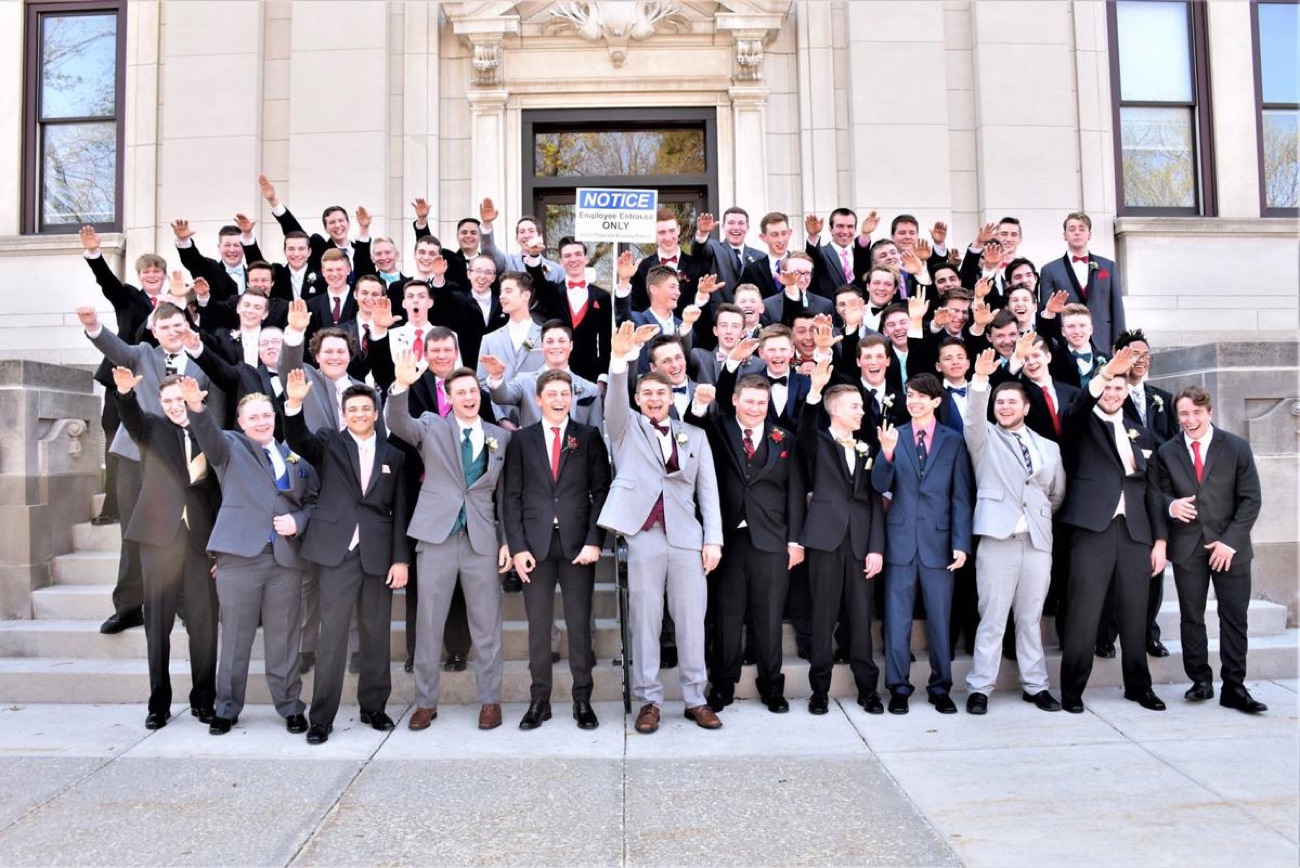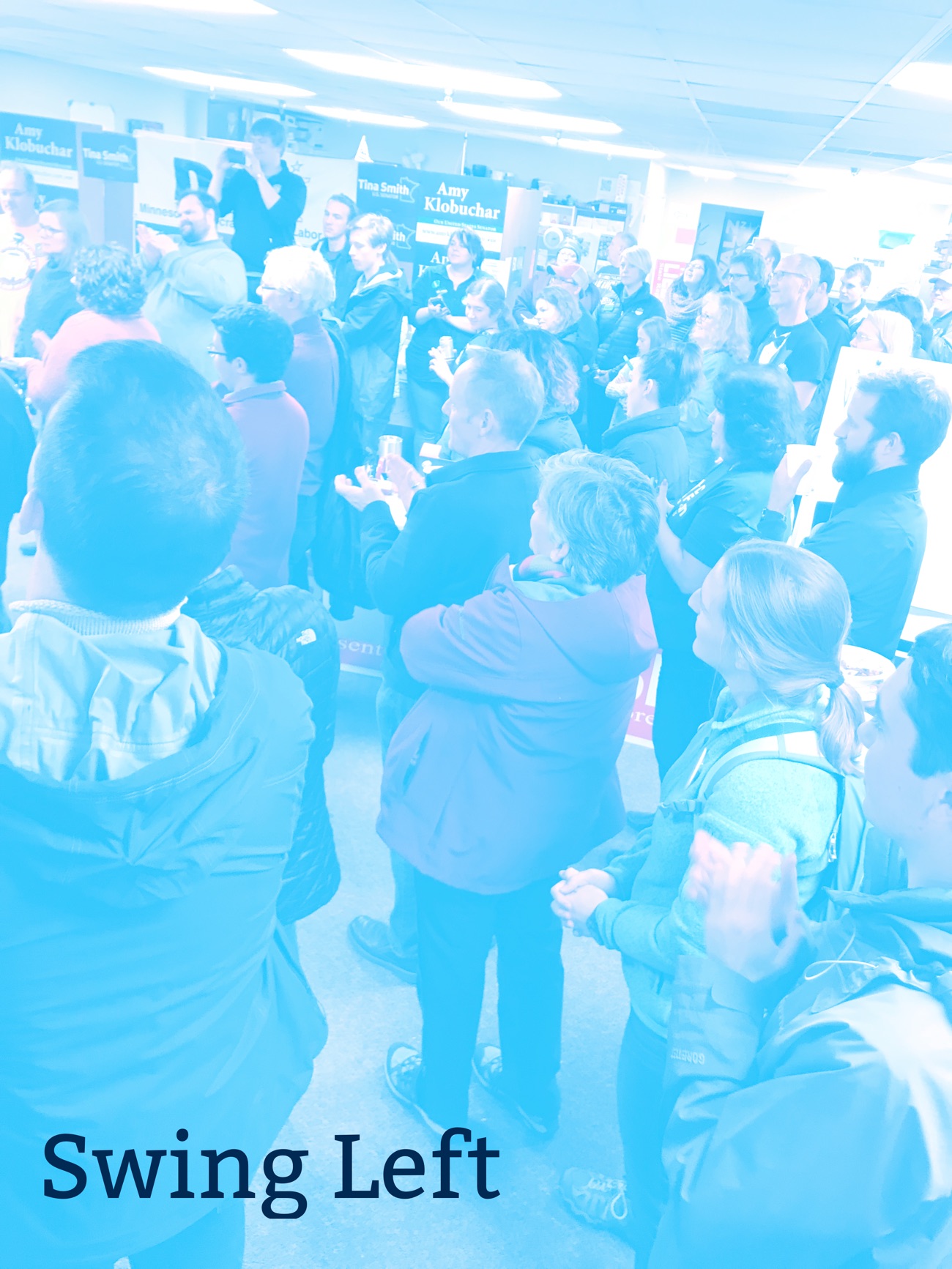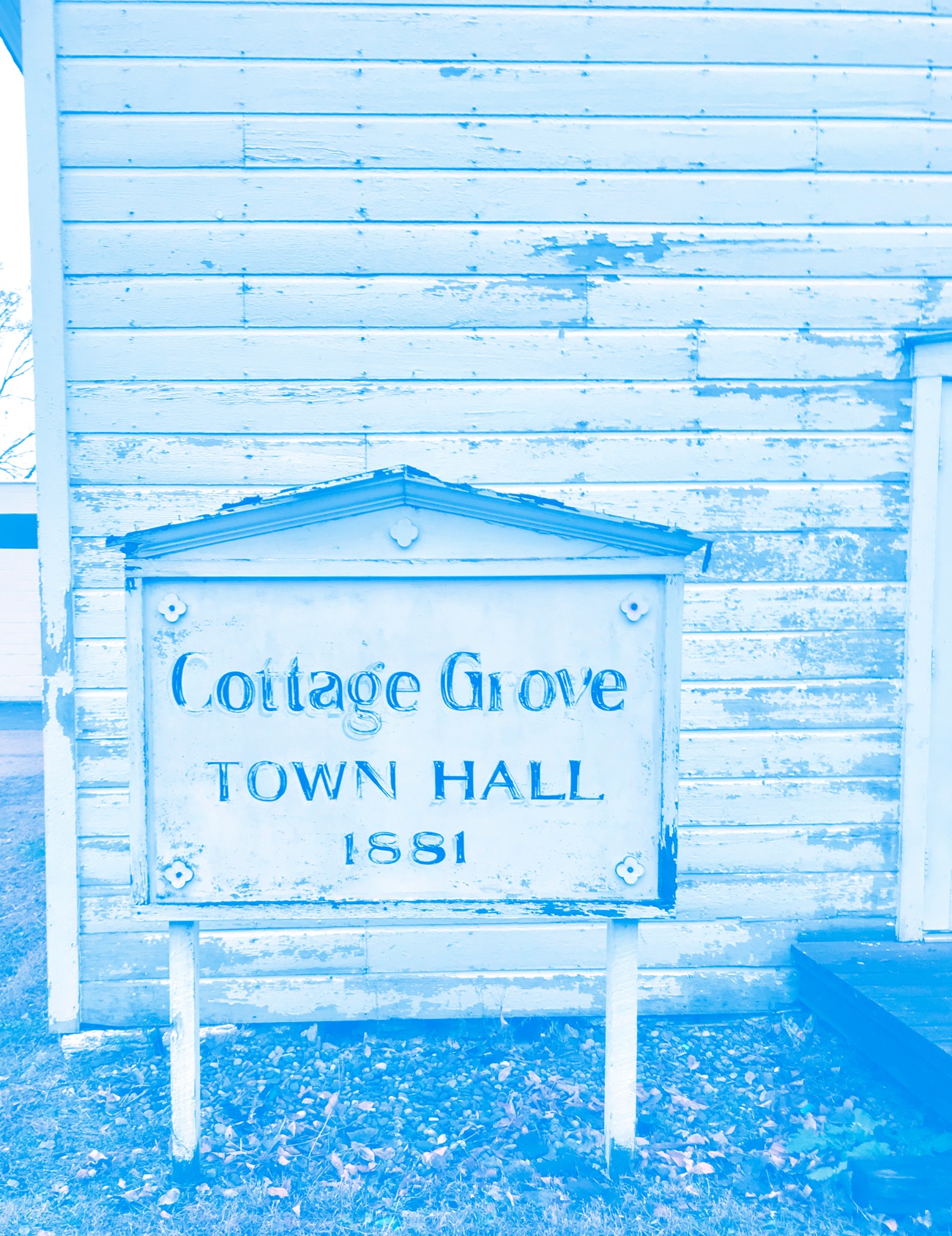This summer, on a porch in a small town in Minnesota, I was ringing another doorbell for the Congressional candidate for the Democratic-Farmer-Labor (DFL) party, Angie Craig. It seemed that no one was home and I was ready to give up, when a startled, elderly woman struggled up from the recliner in which she had been enjoying a late-afternoon nap.
I wasn't there to talk to her: my walk sheet told me to speak to her husband, and only to her husband. That meant, I knew, that she was a confirmed Republican, though the campaign considered her husband to be persuadable. My instructions were to ask for her husband and, barring that, to move on.
Having disturbed her rest, I couldn't just walk away, so I introduced myself and started my pitch about our candidate, centered on health care and the Trump administration’s gradual demolition of Obama’s Affordable Care Act. I expected the door to slam; instead, I received a stern lecture on the horrors of Trump’s healthcare regime and her enthusiastic support for the DFL candidate. Her husband — the man I’d been sent to canvass — had recently died, and his surviving wife was convinced his death had been hastened by insurance prevarications and delays that the Trump administration was worsening. Republican health care had killed her husband; not only was she supporting our candidate, she doubted she could ever return to the Republican party.
❧
Minnesotans are famously nice: cheerful, sympathetic and kind. Minnesota is the home of Prairie Home Companion, the place where all children are above average. The big Midwestern state has strongly progressive roots — many of its early settlers were refugees from Scandinavian famine — but Minnesotans are often conservative by nature, inclined to cooperation and compromise and averse to conflict. The Wonderful Wizard of Oz is, in part, an allegory of Midwestern politics: the very name of the DFL commemorates the old Progressive alliance between farmers (who only need a brain) and labour unions (staunch and good with axes but sometimes heartless).
Increasingly, however, the issues that divide Minnesota cannot be bargained, and this fact underlies the intensity of US politics today, a polarization that recalls the decade preceding the American Civil War. That war came because, in the end, no compromise was possible: either people could be property, or they could not. The elderly lady I canvassed was not amenable to compromise, either: her husband had died when he might have been saved, and after that there’s nothing much to left to say.
A significant portion of Republican voters believe that abortion is murder, that homosexuality is perverse, and that ready availability of birth control has led to widespread moral degeneracy. These beliefs do not admit compromise or delay. The recent appointment of Brett Kavanaugh to the Supreme Court, notwithstanding allegations of sexual assault and dishonest testimony, suggests that delay may soon end.
Opponents of this view, however, argue that the underlying question is whether women are fully human. Scientific progress has made is possible for women to control their bodies; shall they be forbidden to do so? If women are to enjoy their own sexuality, they must have access to birth control and, in case of failure, to abortion. The intensity of this controversy has led American Catholics into political alliance with evangelical Protestants, but their opposition rests on different and irreconcilable theological grounds — grounds which many other Americans bitterly dispute, and which American tradition considers unsuitable for discussion outside one’s intimate circle. Sizable protests for and against Planned Parenthood, a foundation that offers women’s health services including abortion, have been frequent in Minnesota’s capitol since the 2016 election.
Similarly, the question of whether gay marriage is a blessing or a travesty is not suited to negotiation: either one loves whom one chooses, or yours may be a love that cannot (or should not) speak its name. Angie Craig, the Minnesota candidate for whom I was canvassing, has a wife and four sons. Her Republican opponent was a Republican talk-show host who once lamented it was no longer fashionable to describe certain women as “sluts.”
In Minnesota’s north, up against Lake Superior and the Canadian border, another bitter Congressional race was dominated by the issue of mining. Conventionally, Democrats favor conservation while Republicans promise jobs, and voters may choose one now and the other next year. Here, though, the issue was understood to involve a permanent choice between different jobs, between extensive mining of sulfide ores or the preservation of the Boundary Waters wilderness. Miners fear their jobs will vanish forever; foresters and wilderness outfitters fear the permanent loss of their livelihood. Once gone, either the mining infrastructure or the wilderness will be lost forever.In principle, questions of global warming and climate change might lend themselves to discussion, but Republican adherence to denial again takes compromise off the table.
That age-old question of whether Jews and persons of colour are fully people has once again been placed on the American political agenda. At the University of Minnesota last March, posters asked “Why Are Jews After Our Guns?” Pro-gun flyers were illustrated with caricatures of scheming, long-nosed Jews. One student at a St. Paul, MN university recently awoke to find “Nigger Go Home!” scrawled on his dormitory door. Presidential tweets and speeches frequently allude to immigrant-driven crime waves and that do not, in fact, exist.
The political divisions of a former generation were suited to compromise. One might favor higher taxes but be willing to try lowering them, just as one might favor pulling troops out of Afghanistan or Vietnam but be willing to contemplate one final effort. In the wake of the 1954 desegregation of public schools and the 1964 passage of the Civil Rights Act, a racially-segregated America could still dither for years over how much integration it wanted and how soon that integration was required. Americans today cannot find such intermediate points; they no longer exist.
When insiders urge greater understanding and civility, they mistake the situation. Just as America could not forever endure half-slave and half-free, those who believe that health care is a right will no longer abide deaths caused by unregulated insurers and uncaring bureaucracies. Those who kneel because Black Lives Matter cannot bargain away the memories of their lost children or the lives of children yet to fall to police bullets. The old ladies who knitted pussy hats for the first Women’s March were marching for their granddaughters’ right to love whom they would: they will not sacrifice their granddaughters for someone else’s religious sensibilities.
November’s midterms won’t end the fight, and calls for civility are pointless and pernicious. These differences cannot be adjusted by half measures, and the old vineyard where they grow the grapes of wrath is not far off.












